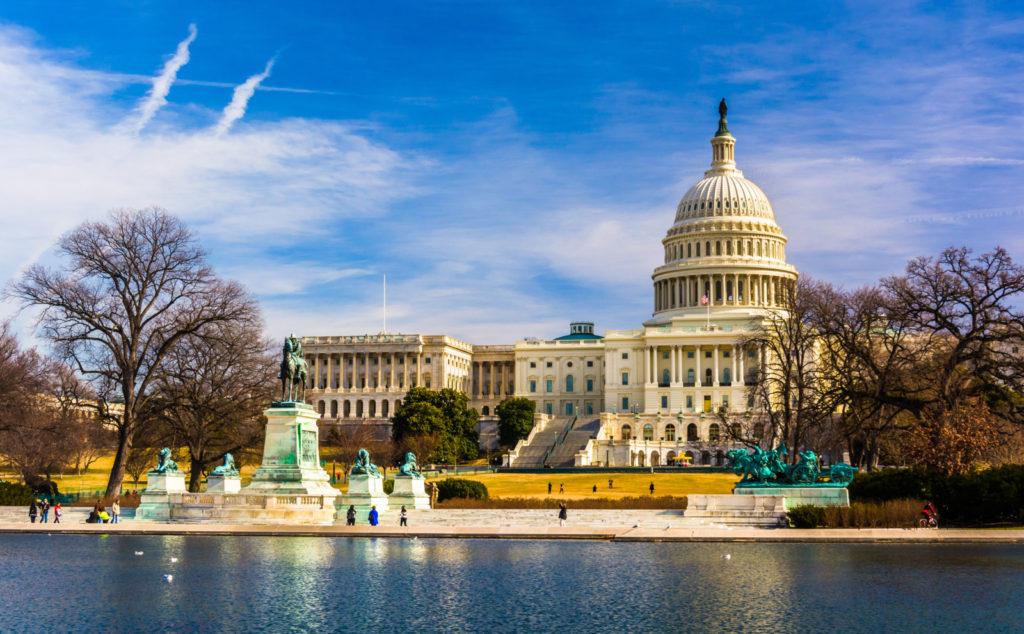Government Shutdown Would Delay Processing of Thousands of Mortgages Per Day
Approximately 3,500 federally backed mortgage loans per business day could be delayed because of the federal government shutdown.

Approximately 3,500 federally backed mortgage loans per business day could be delayed because of the federal government shutdown.

The federal government shutdown will likely delay the processing of approximately 3,500 federally backed purchase mortgages each business day that government offices remain closed, according to a Zillow analysis of federal mortgage closing data.[1]
Congressional leaders failed to reach a spending agreement that would have kept the government funded beyond midnight Jan. 19. The last time the federal government shut down was from Oct. 1 to Oct. 16, 2013, spanning 12 total business days. A shutdown of similar length could mean roughly 42,000 would-be home buyers might experience processing delays with certain federally backed mortgages.[2]
Borrowers with loans from the U.S. Department of Veterans Affairs (VA), the Federal Housing Administration (FHA) or the Rural Housing Service (RHS) would be directly impacted by a shutdown of the federal government, because federal employees are actively involved in processing those loans. If applications for funds from those agencies aren’t approved before the government shuts down, then applications in their hands likely won’t be processed until the government reopens.
VA, FHA and RHS loans represent a relatively small fraction of mortgage loans originated nationwide, and their origination volume is dwarfed by that of government-sponsored entities Fannie Mae and Freddie Mac, which would not be affected.
Fannie Mae and Freddie Mac are under federal conservatorship and do have federal backing, but they operate outside the government and their workers are not federal employees and so would not be furloughed in the event of a government shutdown. Loans backed by these two entities represent roughly two-thirds of all federally backed loans written nationwide, according to federal data. Any federal shutdown, while certainly bothersome, would have limited direct impact on the bulk of the for-sale housing market.
It is less clear how renters reliant on federally funded vouchers to help pay their rent will be affected by this closure. The timing of this shutdown roughly in the middle of the month may provide some cushion for these renters: Vouchers needed to pay January rent have already very likely been funded, and those needed to pay February rent would come into play only if the shutdown were to last more than a week.
Indirect Impacts
Where a government shutdown may have an indirect impact, especially on housing, is in consumer confidence. Buying a home is a huge leap of faith for many, as they bet on continued job security and steady income to finance their homes. A government shutdown, even for a short time, means workers get furloughed and checks aren’t written, which may cause many would-be buyers could get cold feet. If the shutdown drags on past a few days, this effect would only get worse.
Importantly, this recent impasse did not include negotiations over raising the federal debt ceiling – the total amount of debt Uncle Sam is allowed to carry at a given time – which, if it remains where it is, raises the specter of government default on some obligations. Under federal projections, the U.S. Treasury likely has enough money on hand and/or can resort to certain accounting practices to pay its obligations through the next few months.
This is important because while a short-term government shutdown will likely have a largely psychological impact, the effects of a default on government debt as a result of a failure to raise our debt ceiling would cause much larger financial and economic harm.
As demonstrated during previous debt debates, world markets pay close attention to U.S. debt obligations. We owe a lot of money to a lot of entities, and part of our standing in the world is based on the assumption that, no matter what, we will make good on those obligations. When the threat emerged in 2011 that we might not make our debtors whole, for example, the country’s credit rating was downgraded by Standard & Poor’s for the first time (to AA+, the firm’s second-highest rating, where it remains today), even though a compromise was eventually reached.
[1] Estimated daily purchase loan originations based on published quarterly data from the Federal Housing Administration and U.S. Department of Veterans Affairs, and annual data from the Department of Agriculture (via the Home Mortgage Disclosure Act).
[2] This estimate may be toward the high-end, since mortgage originations tend to slow in the winter months.